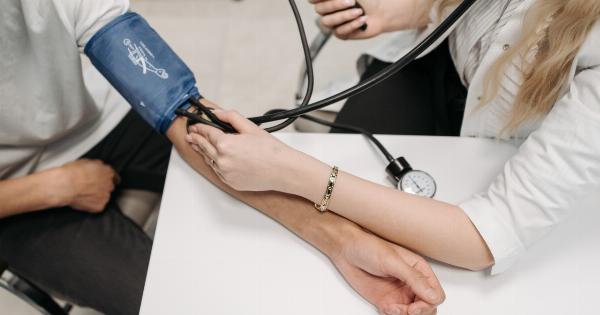With the summer sun shining high in the sky, it is easy to get excited about basking in its warmth. However, as much as we love the sun, we have to remember that ultraviolet rays can damage our skin, particularly during the peak hours of 10 am to 4 pm.
This is why it is essential to protect yourself while you enjoy the sun. Here are some tips on how to safely bask in the sun.
1. Wear Protective Clothing
Covering up with clothes is one of the easiest ways to protect your skin against harmful rays. Long-sleeved shirts and pants made of dense, dark fabrics provide added protection.
There is an increasing market for fabrics that block the sun’s ultraviolet rays, which are a great option if you plan to spend extended time outdoors.
2. Use Sunscreen
Sunscreen is one of the most important safety items to use while basking in the sun. Purchase a sunscreen with a sun protection factor (SPF) of at least 30, and make sure it is waterproof.
Apply sunscreen to all exposed skin at least 30 minutes before exposure and reapply every two hours during long exposure or after swimming or sweating.
3. Bring Shades and Hats
Your eyes are just as sensitive to the sun as your skin. Bring sunglasses or a wide-brimmed hat to help shield your eyes from the sun’s rays.
This is especially important if you plan to spend an extended period outdoors, as unprotected eyes can lead to long-term damage, such as cataracts.
4. Stay Hydrated
Drinking lots of water helps your body stay hydrated and healthy. When you are outside, particularly when it is hot, it is even more important to stay hydrated.
Dehydration can cause dizziness, heat stroke, and lead to other health issues, so always bring plenty of water to drink if you plan to spend time basking in the sun.
5. Don’t Stay Too Long
It’s tempting to stay outside for hours on end when the weather is sunny and warm – but it’s important not to overdo it! The sun is at its strongest between 10 am and 4 pm, so try to spend only short periods outdoors during this time.
Gauge how your skin responds to sun exposure and aim to get out of the sun before you get a sunburn.
6. Be Mindful of Medications and Skin Sensitivity
Some medications and medical conditions can make your skin even more sensitive to the sun, leading to an increased risk of sunburn. Be mindful of medications you may be taking, such as antibiotics, and how they could impact your skin’s sensitivity.
If you have sensitive skin or a condition such as rosacea or psoriasis, take special care to protect your skin when you are in the sun.
7. Monitor the Time Spent in the Sun
Paying attention to the amount of time you spend in the sun can make a big difference in keeping your skin healthy. Spending too much time outdoors can lead to sunburn or other skin damage, so be careful.
If you are planning on spending a long time outdoors, remember to abide by the “slip, slap, and slop” method. Slip on a shirt, slap on a hat, and slop on some sunscreen to stay safe in the sun.
8. Avoid Tanning Beds
A void tanning beds, as they can be just as harmful as being out in the sun, if not more. Tanning beds release harmful ultraviolet radiation, which can cause skin cancer.
If you desire to have a sun-kissed look, try using self-tanning products or tinted moisturizers instead, and remember to use sunscreen when out in the sun.
9. Check for Skin Damage
It’s essential to examine your skin regularly and check for any damage or abnormal moles. If you notice any changes, protect yourself completely from the sun and contact a dermatologist.
Skin cancer is treatable in its early stages, but it can be deadly if left untreated.
10. Seek shade
Ultimately, the safest way to bask in the sun is avoiding it altogether. When you’re outdoors, seek shade whenever possible. Use an umbrella or canopy to protect yourself from the sun and take frequent breaks indoors or in the shade.
Lastly, use common sense and enjoy the summer months safely. As much as we all love the sun, remember that it’s our responsibility to protect our skin from its harmful rays.


























